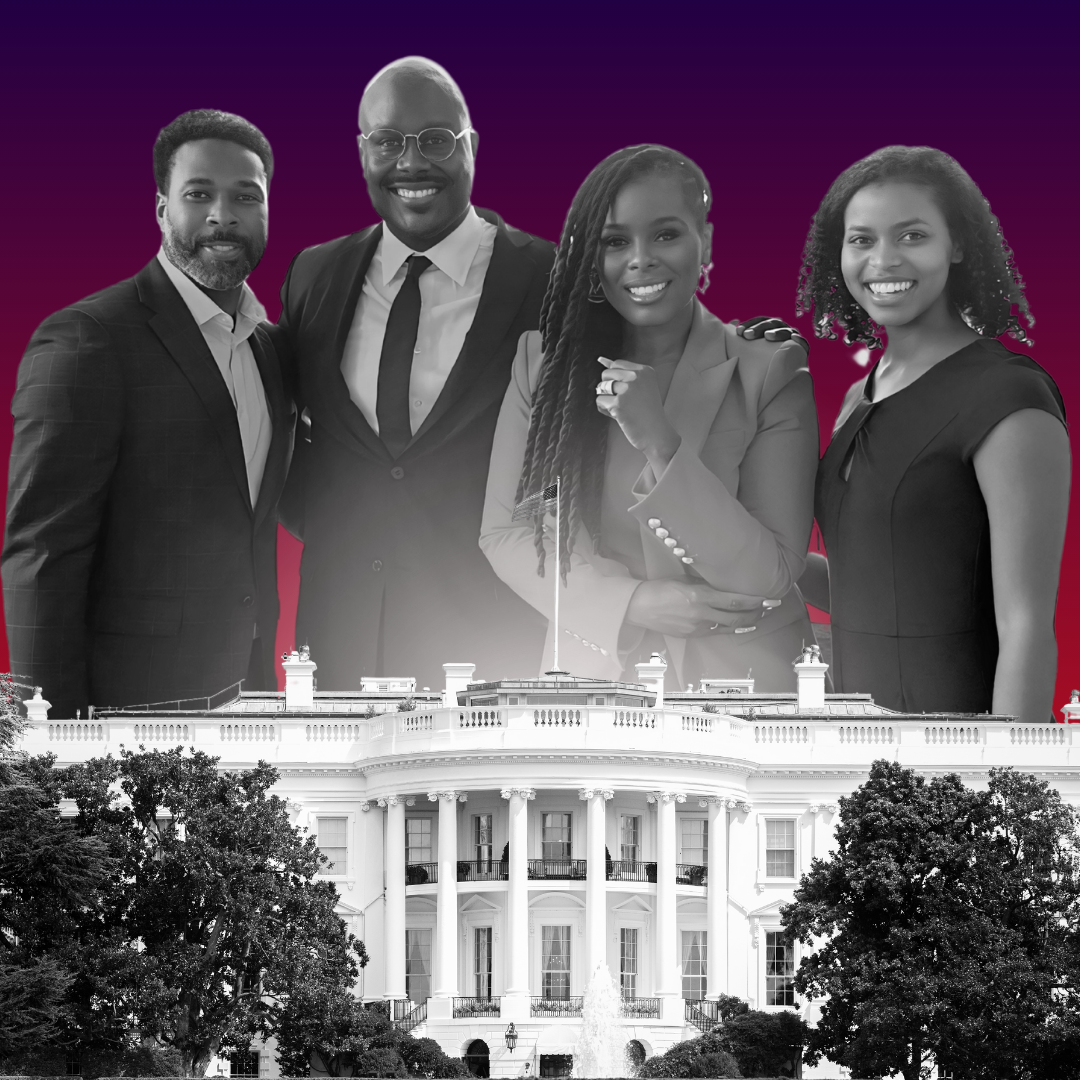Who we are
We are an organization that intends to change the way Ex-Offenders are viewed in society.
🌎 Societal and Economic Benefits
Reduces Recidivism: This is the most common argument. Stable employment is one of the single most effective tools to prevent a person from re-offending. When a past record creates a permanent barrier to finding a job, it can increase the likelihood that an individual will return to criminal activity to survive.
Boosts the Economy: Denying employment to millions of Americans with records has a significant negative impact on the U.S. economy. Studies estimate that the nation loses tens of billions of dollars in GDP annually due to the unemployment or underemployment of this population.
Strengthens Families and Communities: Employment provides stability not just for the individual but for their entire family. It reduces reliance on public assistance and helps break intergenerational cycles of poverty and incarceration.
2. ⚖️ Fairness and Rehabilitation
A Record Should Not Be a "Life Sentence": The core principle of rehabilitation is that once a person has served their time and paid their debt to society, they should be allowed to reintegrate. Publicly available records can act as a "second sentence" that follows a person for life, permanently locking them out of opportunities.
Stigma Outweighs Risk: Many employers automatically disqualify any applicant with a record, regardless of the offense, how long ago it occurred, or its relevance to the job. This decision is often based on stigma rather than an objective assessment of the person's skills or risk.
Most Records Are for Minor Offenses: A large percentage of criminal records are for non-violent offenses, such as drug possession or disorderly conduct, that may have happened many years in the past and have no bearing on an applicant's ability to be a good employee.
3. 📉 Disproportionate Racial Impact
Exacerbates Racial Inequality: Due to systemic biases in the justice system, people of color—particularly Black and Hispanic men—are arrested and convicted at disproportionately high rates.
A Tool for "Double Discrimination": Using a criminal record to deny employment can function as a proxy for racial discrimination. Because people of color are more likely to have a record, a blanket policy of excluding applicants with records has a disproportionate and discriminatory impact on these communities, which is why the Equal Employment Opportunity Commission (EEOC) has issued guidance against it.
What is the alternative?
The arguments against public access have led to a wave of reform legislation, often grouped into two categories:
"Ban the Box" / Fair Chance Laws: These laws do not hide the record. Instead, they delay the question. They prohibit employers from asking about criminal history on the initial job application. This gives the applicant a fair chance to be judged on their qualifications and experience first. A background check may still be conducted, but it happens later in the hiring process, typically after a conditional offer of employment.
"Clean Slate" Laws: This is a more permanent solution. These laws (which have passed in several states and are being proposed at the federal level) automatically seal or expunge certain records after a person has remained crime-free for a set period. This means the record would not appear on most public background checks at all. These laws typically apply to non-violent offenses, misdemeanors, and arrests that never led to a conviction.
Contact us
Interested in working together? Fill out some info and we will be in touch shortly. We can’t wait to hear from you!




